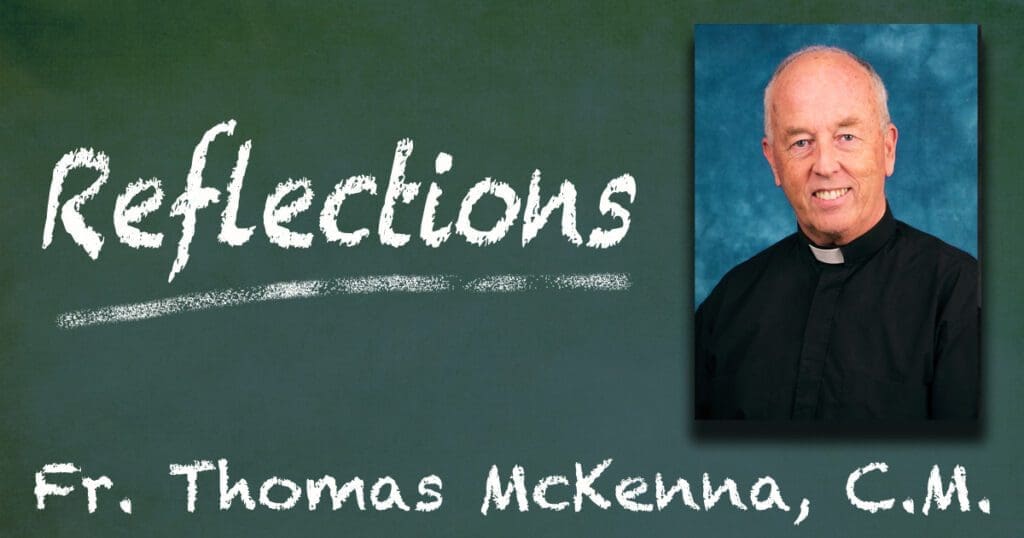To get at a pivotal question in Matthew’s 23rd chapter, consider the distinction between two types of answers, one standard and the other personal. By standard I mean a shared concept that you could read about in a book. “Our form of government is a democracy,” a fact objectively out there in the public consensus.

A personal answer brings more: inner conviction, truth coming up from a person’s heart; e.g., “I personally believe in a democratic government and would sacrifice for it.’ This second kind arises from the inside and speaks of heartfelt investment. It signals willingness to be moved and changed by the belief.
This distinction between standard and personal figures into the life-altering question Jesus throws out in Matthew’s gospel, “Who do you say I am?” The answer given by the crowd is the standard one — “This is who people say you are: John the Baptist come back from the dead, Jeremiah, one of the prophets.”
But then with Peter, Jesus switches onto the other frequency. “I hear that. But what I’m asking is, who do you, Peter, your own self, say that I am?”
Jesus is looking here for the personal answer, one that arises from the deeper place, the level of what counts and what doesn’t. It’s a response aligned with what a person would live and die for. It’s the more intimate and self-involving question? “What do I mean to you, individually and personally? How far down am I lodged in your heart? What real difference do I make in your life — and in the lives of those around you?”
We would also know that Jesus is directing this look-in-the-eye question to each of us. And we realize he’s expecting more than the standard answer, that one I can look up in the catechism and give off from memory. He phrases it as would someone who’s fallen in love with you: “What do I mean to you? How do I figure into your life? What practical difference do I make in your everyday?”
Talk about Peter — and us — put on the spot!
One prime spot is at the Eucharist, each of us hearing this soul-filled question put directly: “Who am I to you? What do I mean in your day to day existence? How much do I count in the important decisions you make? How do I figure into your judgments about what matters and what matters less? How much of an inside influence do I have on the way you look out at your world?”
Another “spot” is when serving Vincent’s privileged ones, the poor. Following his instincts, we would hear Jesus speaking through their voices, once again asking that most self-implicating of questions: “Who do you say I am?”





0 Comments